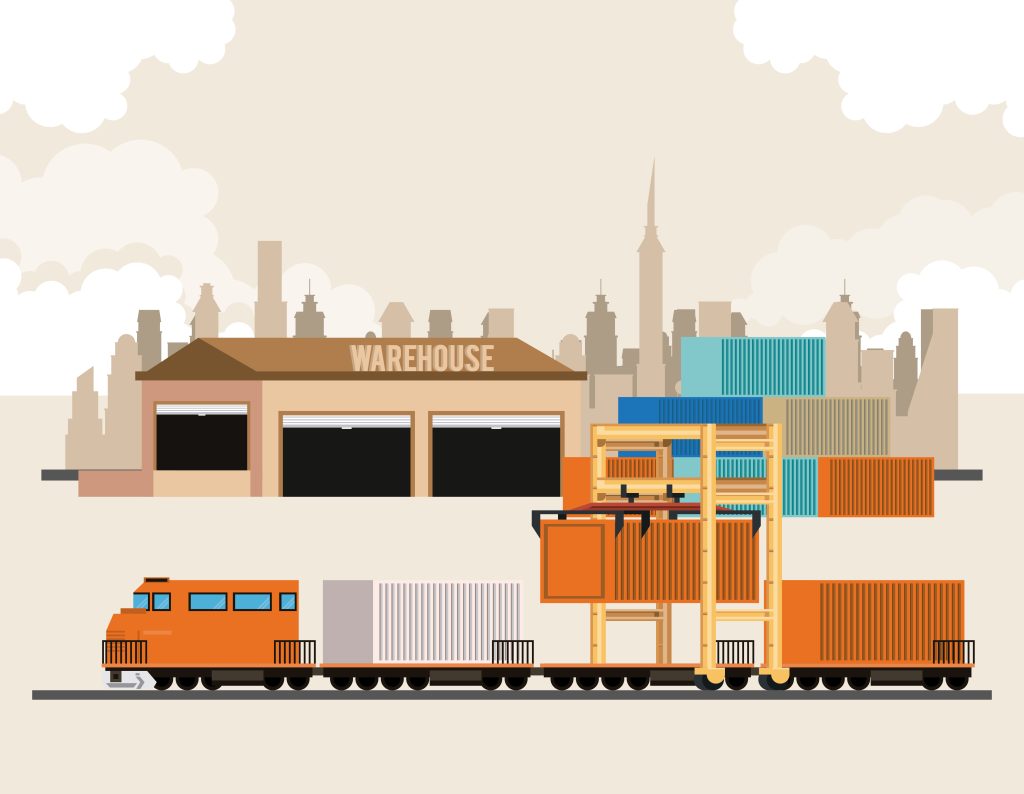What is Long-Haul Transportation?
Long-haul transportation is the backbone of global commerce, facilitating the movement of goods across vast distances with efficiency and precision. This intricate system encompasses various modes, including roadways, shipping, and air transport, each playing a pivotal role in connecting suppliers, manufacturers, and retailers on a global scale.
Why is Long-Haul Transportation Important?
Long-haul transportation is crucial for global commerce as it overcomes geographical limitations, forms the backbone of logistics, and supports the growth of e-commerce. It ensures efficient movement of goods, contributes to customer satisfaction and loyalty, and provides businesses with a competitive edge. By facilitating international trade, enabling high inventory turnover, and fostering scalability, long-haul transportation plays a pivotal role in the interconnected and dynamic landscape of modern commerce.
In the vast landscape of logistics and supply chain management, long-haul transportation plays a pivotal role in connecting distant points, facilitating the movement of goods, and ensuring the seamless functioning of global commerce. The efficiency of long-haul transportation, be it by road, sea, or air, has a profound impact on various industries and businesses worldwide. This article explores the nuances of long-haul transportation, delving into its modes, challenges, and the key players in the industry.

Modes of Long-haul transportation
Roadways
Long-haul truck companies play a crucial role in overland transportation. These companies traverse extensive distances, connecting distribution centers, manufacturing plants, and retail outlets. The utilization of advanced technologies, such as GPS tracking and route optimization software, has enhanced the efficiency of long-haul trucking.
Shipping
Long-haul shipping, particularly for intercontinental transport, relies on massive cargo vessels. These vessels, operated by long haul shipping companies, navigate the oceans, connecting major ports and facilitating the global exchange of goods. Containerization, a key innovation in shipping, has streamlined the loading and unloading processes, reducing transit times.
Air Transport
While traditionally associated with passenger travel, air transport has become increasingly vital for expedited long haul freight. Air cargo services provided by various carriers ensure swift delivery, especially for high-value and time-sensitive shipments. This mode is essential for meeting the demands of e-commerce fulfillment.
Challenges in Long-Haul Transportation
Despite the advancements in technology and infrastructure, long-haul transportation faces several challenges that impact its effectiveness and reliability.
Infrastructure Bottlenecks
The infrastructure supporting long-haul transportation, especially road networks, can be prone to bottlenecks. Upgrading and maintaining these infrastructures are imperative for smooth and timely transportation.
Regulatory Hurdles
Different countries have varying regulations regarding transportation, leading to a complex web of compliance issues for long-haul carriers. Navigating through these regulatory hurdles demands a comprehensive understanding of international laws and agreements.
Environmental Concerns
The environmental impact of long-haul transportation is a growing concern. Emissions from trucks, ships, and planes contribute significantly to carbon footprints. Efforts to reduce this impact involve exploring alternative fuels and adopting greener technologies.
Key Players in Long-haul transportation
Long Haul Shipping Companies
Notable players in long haul shipping and long haul car transport include industry giants like Maersk, MSC, and CMA CGM. These companies operate fleets of container vessels, providing comprehensive global coverage and facilitating the movement of goods on a massive scale. Long haul car transport involves specialized services ensuring the efficient and secure transportation of vehicles over extended distances, contributing to the diverse offerings within the broader landscape of long haul shipping.
Long Haul Truck Companies
In the realm of long-haul trucking and long haul car transport, companies like UPS, FedEx, and Schneider National are key players. These companies employ a vast network of trucks to transport goods across continents, linking suppliers to manufacturers and retailers. Long haul car transport services, within this broader context, ensure the secure and efficient delivery of vehicles over extensive distances, contributing to the comprehensive capabilities of these key players in the transportation industry.
Warehouses
Warehouses USA, Warehouses UK, and Warehouses Germany serve as crucial nodes in the long-haul transportation network. Efficient warehousing ensures timely loading and unloading of goods, contributing to the overall speed and reliability of the supply chain.
Evolving Trends in Long-Haul Transportation
E-commerce Fulfillment
With the rise of online retail, long-haul transportation has witnessed a paradigm shift. Warehouses, such as Shopify Fulfillment, Ebay Fulfillment, and Bigcommerce Fulfillment centers, have become integral to the e-commerce supply chain. The demand for swift and accurate fulfillment has reshaped the landscape of long-haul transportation.
Fulfillment Software
The integration of advanced fulfillment software has become imperative for optimizing long-haul transportation processes. These software solutions automate inventory management, order processing, and shipment tracking, enhancing the overall efficiency and transparency of the supply chain.
Case Studies
Optimizing Routes for Long Haul Car Transport
Long-haul car transport involves the movement of vehicles from manufacturers to dealerships or end consumers. Companies specializing in this niche, like United Road and Montway Auto Transport, leverage advanced route optimization algorithms to minimize transit times and reduce costs.
The Role of Long Haul Freight in Global Trade
Long-haul freight companies, such as DHL Freight and XPO Logistics, play a pivotal role in connecting diverse markets. By offering comprehensive freight solutions, these companies contribute to the competitiveness of businesses operating on a global scale.
Conclusion
In the dynamic landscape of long-haul transportation, the synergy between various modes of transport, regulatory compliance, and technological innovations shapes the efficiency of the supply chain. The interconnectedness of long haul shipping companies, long haul truck companies, and warehouses underscores the collaborative efforts required for seamless global trade. As e-commerce continues to thrive, the demand for swift and reliable long-haul transportation, coupled with efficient fulfillment solutions like Shopify Fulfillment and Ebay Fulfillment, will only intensify. Embracing sustainable practices and staying abreast of technological advancements will be imperative for the industry’s continued growth and adaptation to evolving market demands.




 Community
Community
